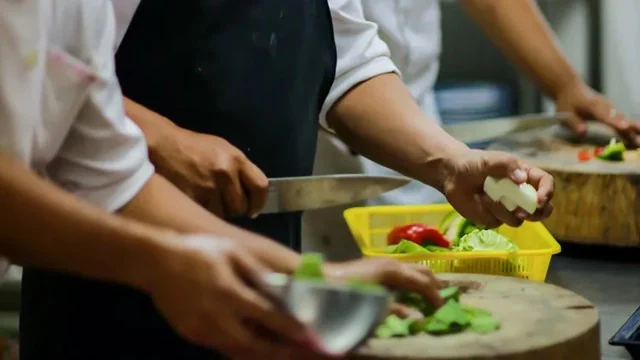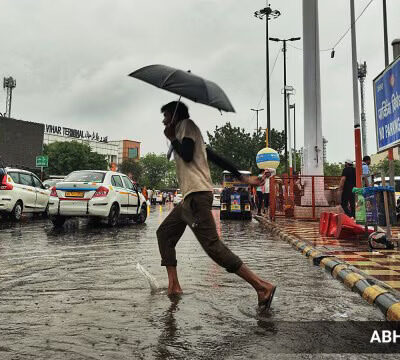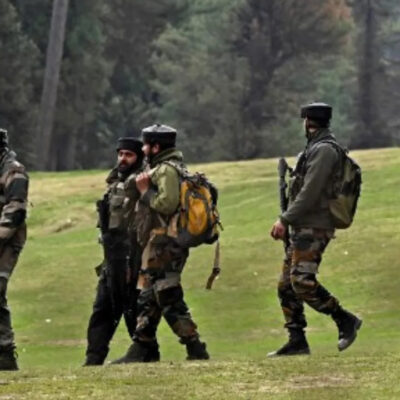With nearly 2.8 billion people globally unable to afford a healthy diet, according to the State of Food Security and Nutrition in the World (SOFI) 2023, the discourse in India reflects the urgency for better systems and solutions

Innovation in Agriculture with a Focus on Sustainability
Debaditya Chaudhury, Managing Director of Chowman, underscores the need for innovation in farming practices while keeping sustainability at the core. “We must harmonise innovations like AI-driven precision farming, robotic agriculture, and modern irrigation systems with eco-friendly practices. Without sustainability, these technological advances will suffocate future generations,” said Chaudhury.
In a rapidly growing nation like India, balancing the need to feed an ever-increasing population with sustainable practices is essential. Chaudhury highlights that uplifting farmers by providing access to technology, capital, and education will create a foundation for food security in India. “Farmers are the backbone of the food system,” he adds, emphasising that long-term solutions to hunger lie in their prosperity.

As India joins the world in observing World Food Day, the focus on ensuring food security has never been more critical. This year’s theme, “Right to Food for a Better Life and a Better Future,” calls for actionable steps to address the inefficiencies in food distribution, the need for innovation in agriculture, and the significance of sustainable practices in combating hunger and malnutrition.
India, a country known for its agricultural prowess, still faces significant challenges when it comes to ensuring that its population, especially vulnerable sections, have access to nutritious and affordable food. With nearly 2.8 billion people globally unable to afford a healthy diet, according to the State of Food Security and Nutrition in the World (SOFI) 2023, the discourse in India reflects the urgency for better systems and solutions.
Tackling Distribution Inefficiencies
Rajeev Ranjan, Managing Director of McDonald’s India – North & East, points out that the issue India faces is not food scarcity but inefficiencies in distribution. “By empowering farmers with technology-driven insights, optimising logistics, and reducing wastage across the value chain—from harvesting to consumption—we can make significant strides toward addressing hunger and securing a sustainable future,” said Ranjan. He emphasises the importance of building a resilient food supply chain, which includes regenerative agricultural practices, temperature-controlled infrastructure, and advanced farm-to-fork traceability systems.
Such systems, according to Ranjan, have been key to McDonald’s approach, ensuring that the food reaches consumers in a safe and sustainable manner. This approach reflects the larger need for creating robust agricultural and distribution networks that minimise food waste, one of the major causes of hunger in India.





